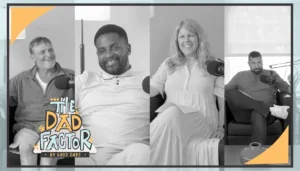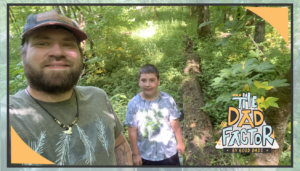
Feeling a little grumpy lately? Out of sorts? Irritated with others whose behavior makes your life more difficult?
You might want to consider taking the “Two Day Challenge.” I read about it recently in Soul Keeping, a book by John Ortberg on “caring for the most important part of you.”
“Try this experiment,” Ortberg writes.
“Every time you greet someone the next 24-hours, begin with a small complaint.”
e.g., ‘The traffic was terrible today;” or “I can’t believe this weather;” or “This day is off to a lousy start.”
“Then,” he continues,
“The next 24-hours start every encounter with an expression of gratitude or appreciation.”
e.g., ‘I love this time of the year;’ or ‘I listened to some great music on my drive to work this morning;’ or ‘I’m looking forward to what this day will bring.’” “At the end of these two days,” Ortberg encourages us to
“Evaluate which day made you happier. On which day did you feel more satisfied and content?”
Unfortunately, most of us think a change in circumstances will make us happier.
We wait for the magic moment when our family members will treat us with love and respect, our colleagues or co-workers will acknowledge our contribution, the neighbors will be more neighborly and the person in front of us will get off their cell phone and drive.
While some of these things might make us momentarily happier, their contribution is to our sense of well-being is unlikely to last.
The secret to feelings of happiness and well-being is rooted in something much different.
On dark and difficult days, we are typically prone to feeling discouraged and disgruntled.
It’s easy to feel sorry for ourselves. It’s hard to think beyond our own misery.
There is, however, an antidote to these kinds of days that I’ve found very helpful—being grateful for all that we have and giving to others.
A year or so ago my “Main Man” introduced me to the Rainbow Network, an organization dedicated to building homes for people in Nicaragua.
Not long ago, we also decided to adopt a World Vision child. Genet is seven years old and lives in Africa with her family. She is not yet in school because children from poor families often do not attend school until they are older—if at all.
Thinking about the families in Nicaragua who are so very grateful for a humble home with four walls and Genet and her family in Africa has helped me a great deal to put the problems and irritations of each day into perspective.
Regardless of whether I get a good night’s sleep, I’ve been able to think about the clean sheets and comfortable bed I have that Genet does not.
I have a house with heating and air conditioning that families in Nicaragua do not. Both hot and cold clean water comes from the faucets in my house.
To millions of people this is a great luxury.
My occasional frustration with knowing what to wear is related to the many choices in my closet. If I can’t figure out what to take for lunch, it’s usually related to the same thing.
Millions around the globe struggle to have adequate food and clothing.
There are many days I am tempted to think that something more or different would make me happier, but then I stop and remember all that I do have, and I am humbled.
Out of this abundance, I have the great privilege of sharing with others.
When I do this, when I acknowledge all that I have and am privileged to do, then I know true happiness.







